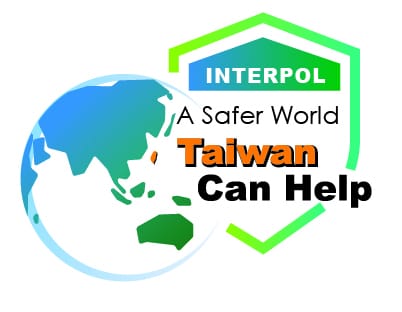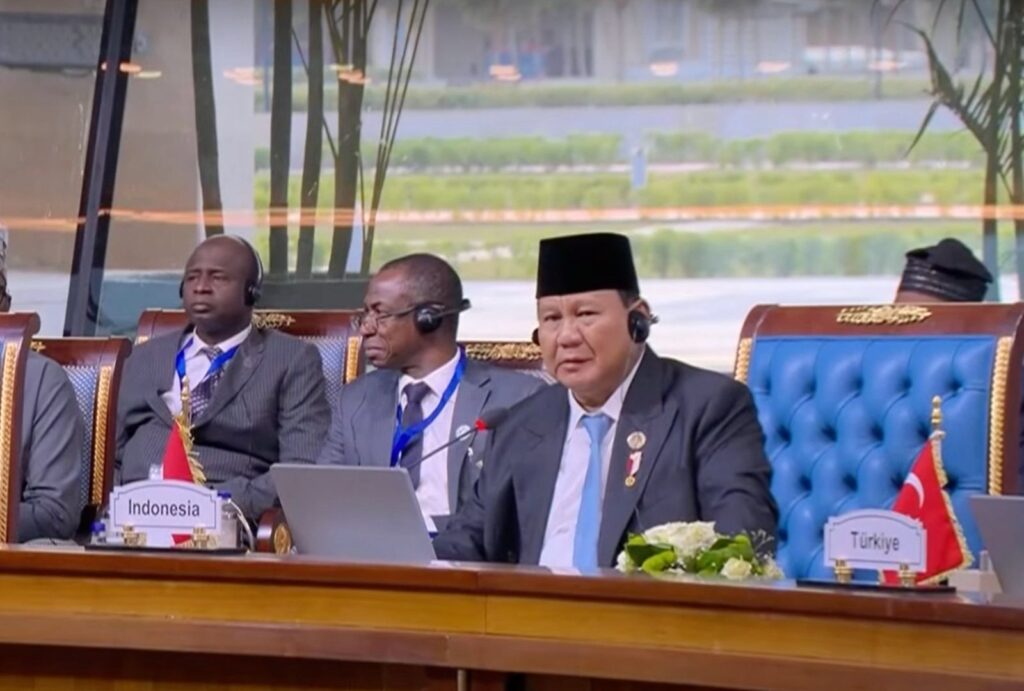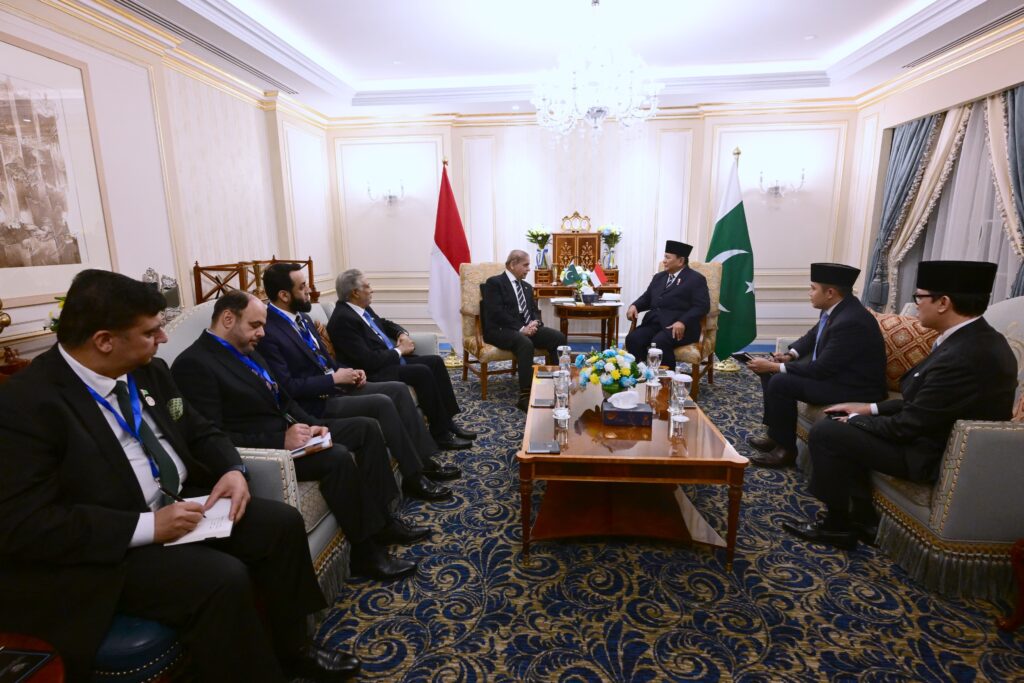Interpol expected to easily works with Taiwan

Jakarta (Indonesia Window) – Transnational crimes recognize no geographical, administrative and political boundaries, making eradication efforts require the participation of countries worldwide, including their governments and peoples as well as related institutions.
Taiwan, an island nation surrounded by the Pacific Ocean, is very likely to be one of the strategic points of transnational criminals, considering that in 2018 there were 68.9 million passengers entering and leaving Taiwan.
In a statement received by Indonesia Window here, Thursday, the Taipei Economic and Trade Office (TETO)’s Representative, John Chen, said Taiwan is the 22nd largest economic entity in the world and the 17th largest exporting country.
Therefore, if Taiwan is excluded from Interpol (the International Criminal Police Organization), this will have a negative impact on global cooperation against terrorism and efforts to combat transnational crimes such as those on drugs, fraud through telecommunications and cybercrimes.
John Chen asserted that Taiwan is not part of China, and thus China cannot and does not have the right to represent Taiwan at the international stage.
Only the government chosen by 23 million Taiwanese under a democratic process, can represent Taiwan in Interpol, and exchange ideas and cooperate with the organization and countries around the world in matters relating to the prevention of transnational crimes.
Political factors
According to the Commissioner of the Criminal Investigation Bureau at the Taiwan Ministry of Internal Affairs, Huang Ming-Chao, Taiwan was unable to participate in a meeting organized by the United Nations Office on Drugs and Crimes along with Interpol due to political factors.
Taiwan could not obtain information on the “I-24/7 Global Police Communication System” as well as a travel document database on theft and loss.
It is also difficult for Taiwan to participate in education and training programs, and this will be a major gap in the joint anti-drug, security and global anti-terrorism defense network.
Commissioner Huang noted that even under such difficult conditions, the Taiwanese police tried to exert all efforts in combating transnational crimes and succeeded in solving many international crime cases.
However, even though Taiwan is actively seeking out the latest crime information through bilateral channels, there are still many countries that do not want to cooperate due to political considerations.
For example, in 2017, the Taiwan police force sent 130 requests, asking for information and assistance from the countries, but only received 46 responses.
Therefore, only by participating in Interpol, Taiwan can overcome political obstacles, obtain criminal information in a timely and complete manner, appropriately maintain national security and social security, and work with global police agents in combating transnational crimes.
Commissioner Huang noted that international crimes such as drug trafficking often involved many countries and regions.
Meanwhile, telecommunications network fraud has now crossed national borders by interstate criminal groups that organized various tasks in a systematized manner.
To deal with these crimes, a number of countries have established illegal telecommunications platforms through network and communication transmission technology to increase tracking difficulties.
The effort will be easier if it involves all parties, including Taiwan, which has demonstrated its ability to fight transnational crimes with its own resources and the willingness to cooperate with all countries in the world.
Reporting by Indonesia Window

.jpg)








